- Mirror Manufacturer USA-Custom Bathroom & LED Mirror Factory
- Mirrors French
- Mirror Austrian
- Canadian mirrors
- Mirrors British
- Mirror Dutch
- Mirror Hungarian
- Mirror Belgian
- Mirror Slovak
- Mirror Luxembourg
- Mirror Romanian
- Mirror Swiss
- Mirror Bulgarian
- Mirror Croatian
- Mirror Irish
- Mirror Serbian
- Mirror Swedish
- Mirrors Norwegian
- Mirrors Finnish
- Mirrors Danish
- Mirrors Icelandic
- Mirrors Greek
- Mirrors German
- Maltese mirrors
- Mirrors Italian
- Mirrors Cypriot
- Mirrors Spanish
- Mirrors Polish
- Mirrors Portuguese
- Mirrors Czech
Riyadh Shaving Mirror
Of course. The term “Riyadh Shaving Mirror” is a clever and very specific analogy used in economics and business, particularly in the context of Saudi Vision 2030.
It’s not a literal product you can buy, but a powerful metaphor for a fundamental economic principle.
What Does “Riyadh Shaving Mirror” Mean?
The “Riyadh Shaving Mirror” describes a hypothetical situation where money circulates entirely within a single, closed economy, creating the illusion of economic activity without actually producing new value.
Here’s the classic breakdown of the analogy:
-
A man in Riyadh pays a barber 1 Riyal for a shave.
-
The barber then uses that same 1 Riyal to pay the man’s landlord for his rent.
-
The landlord then uses that same 1 Riyal to pay the man for a service (e.g., as his chauffeur).
-
The man now has his 1 Riyal back.
At the end of this cycle:
-
The man has received a shave and paid rent.
-
The barber has earned money and provided a shave.
-
The landlord has collected rent and paid for a service.
The Key Illusion: It appears that 3 Riyals worth of economic activity (1 for the shave, 1 for the rent, 1 for the chauffeur service) has taken place. However, only a single 1 Riyal coin actually existed and changed hands. The GDP, if measured just by transactions, would be inflated.
How This Relates to Saudi Arabia and Vision 2030
For decades, Saudi Arabia’s economy was heavily dependent on oil. The government received oil revenue, which it then used to pay for:
-
Public sector salaries
-
Large infrastructure projects
-
Subsidies and services for citizens
This created a cycle similar to the shaving mirror:
-
Money from oil sales enters the economy (the initial 1 Riyal).
-
It is paid to contractors and employees.
-
They spend it on domestic goods, services, and housing.
-
The money circulates, but the original source of all the value is the oil extracted from the ground, not a diverse, productive, and innovative private sector.
The problem with this model is that it is vulnerable. If the oil price falls (as it did in 2014-2015 and 2020), the initial “1 Riyal” stops entering the economy, and the entire cycle seizes up, leading to budget deficits and economic contraction.
The Goal of Vision 2030 is to Shatter the Riyadh Shaving Mirror
Saudi Vision 2030, championed by Crown Prince Mohammed bin Salman, is explicitly designed to break this cycle by:
-
Diversifying the Economy: Creating new, productive sectors like tourism, entertainment, technology, and manufacturing (e.g., giga-projects like NEOM, Red Sea Global). This means new money is earned from sources other than oil.
-
Growing the Private Sector: Encouraging private businesses to become the main engine of job creation and innovation, rather than the state being the primary employer and spender.
-
Increasing Non-Oil Exports: Selling Saudi-made goods and services to other countries, which brings new money into the economy, rather than just recirculating existing oil wealth.
-
Attracting Foreign Investment: Bringing fresh capital from abroad to fund new enterprises, which acts as a new injection of money, not just a recirculation.
In essence, Vision 2030 aims to ensure that the economic activity in Saudi Arabia is backed by real, diversified, and sustainable value creation—moving from a closed “shaving mirror” cycle to an open, growing, and productive global economy.
Customer Reviews
Generally speaking, our order requirements are as follows: the minimum order quantity (MOQ) for large items is 50 pieces, for regular items it is 100 pieces, for small items it is 500 pieces, and for very small items (such as ceramic decorations) the MOQ is 1,000 pieces. Orders exceeding $100,000 will receive a 5% discount. The delivery timeline is determined based on the specific order quantity and production schedule. Typically, we are able to complete delivery within two months.
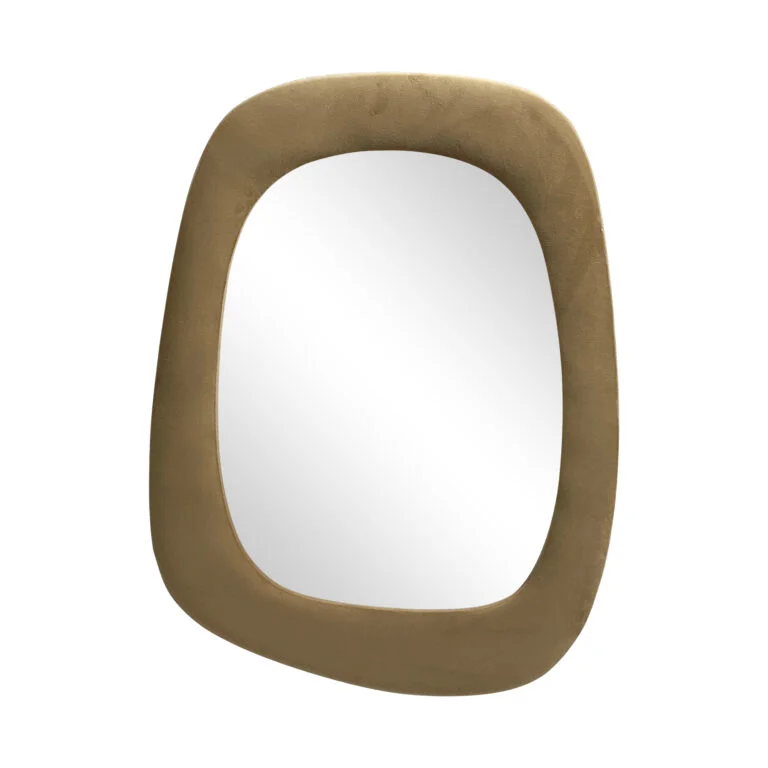
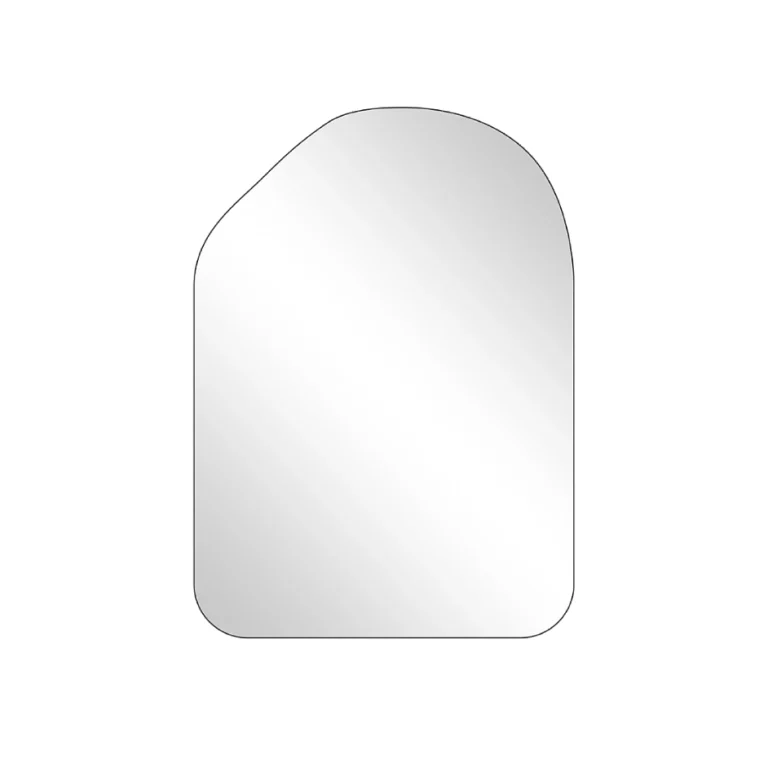

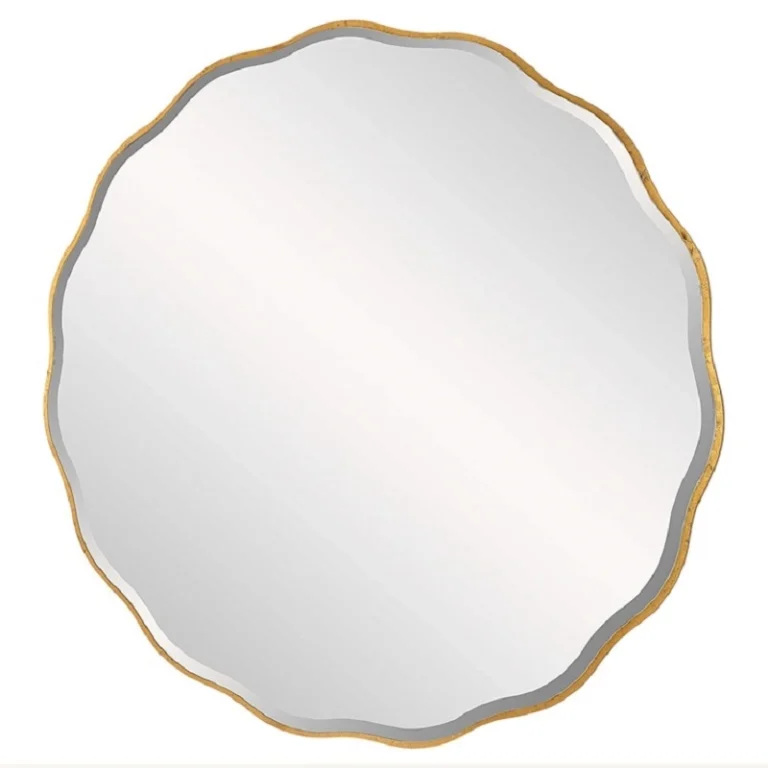
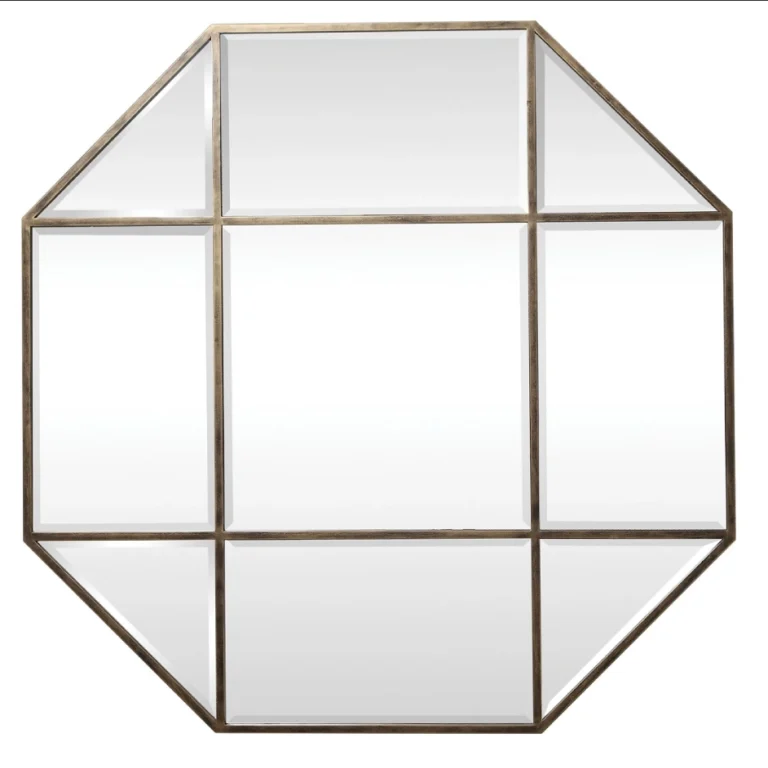
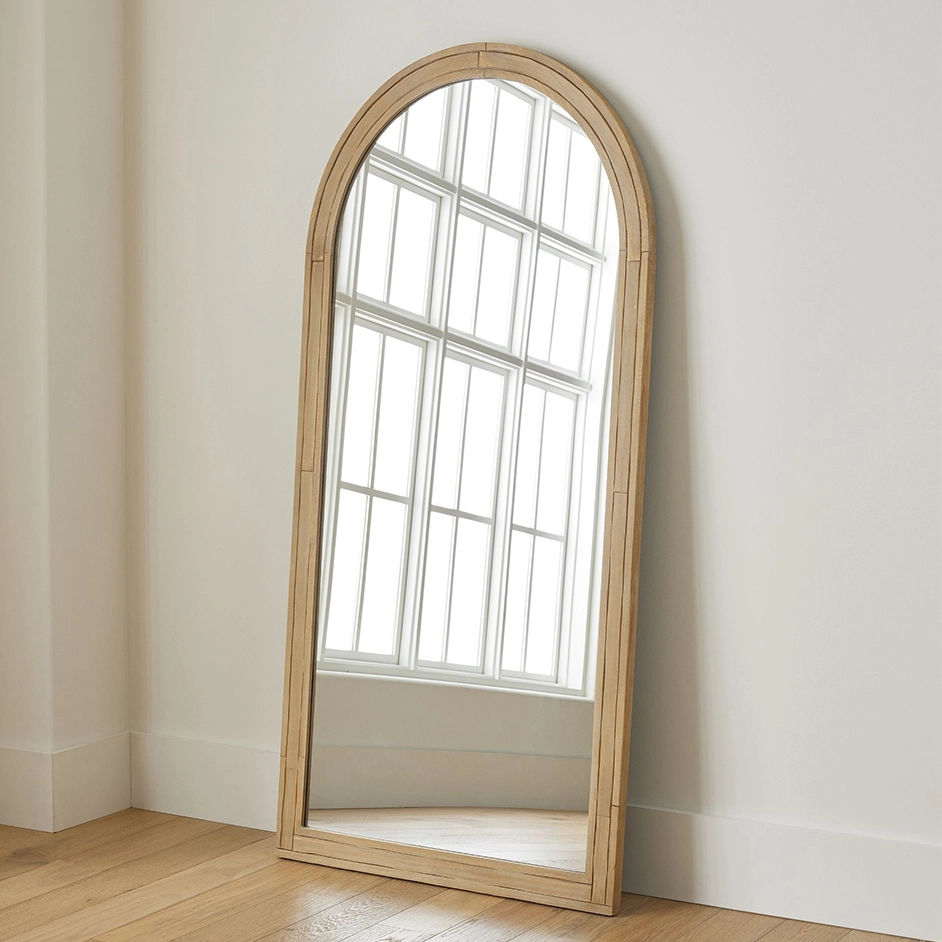
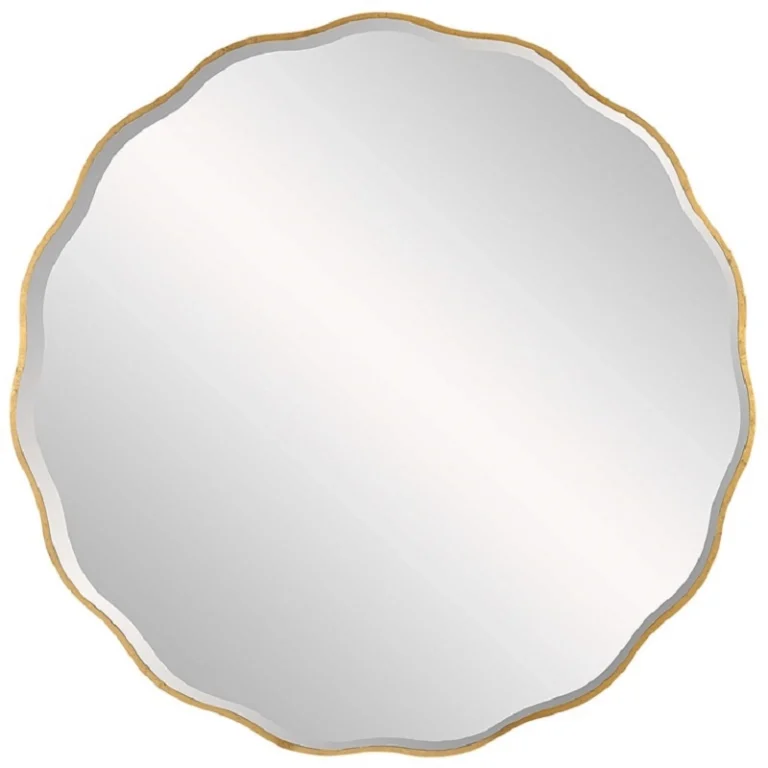
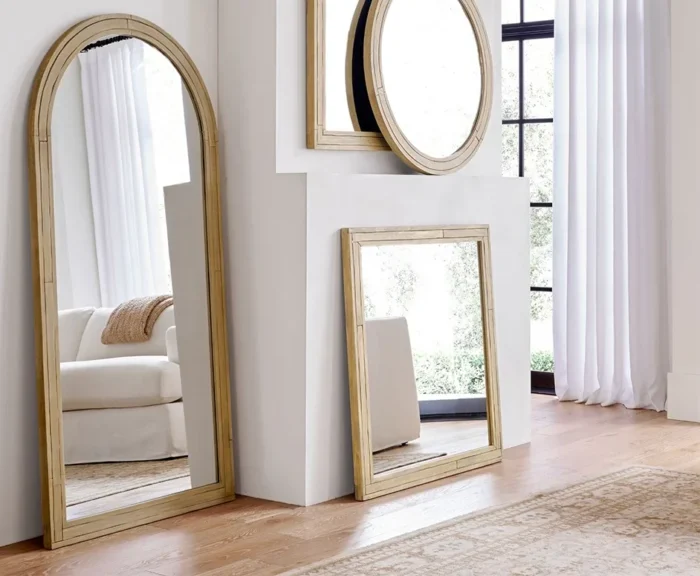

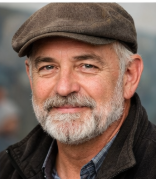




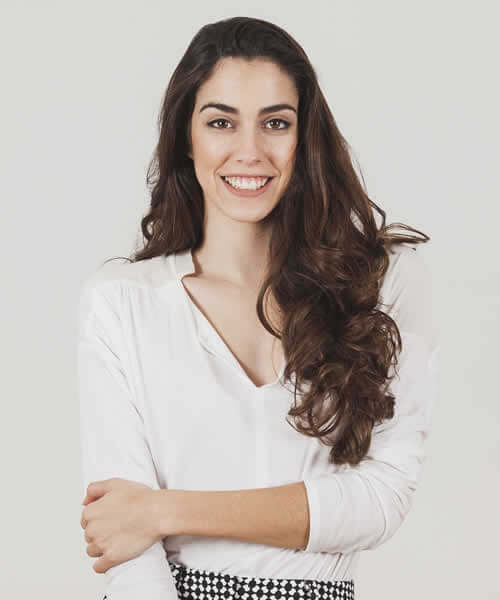

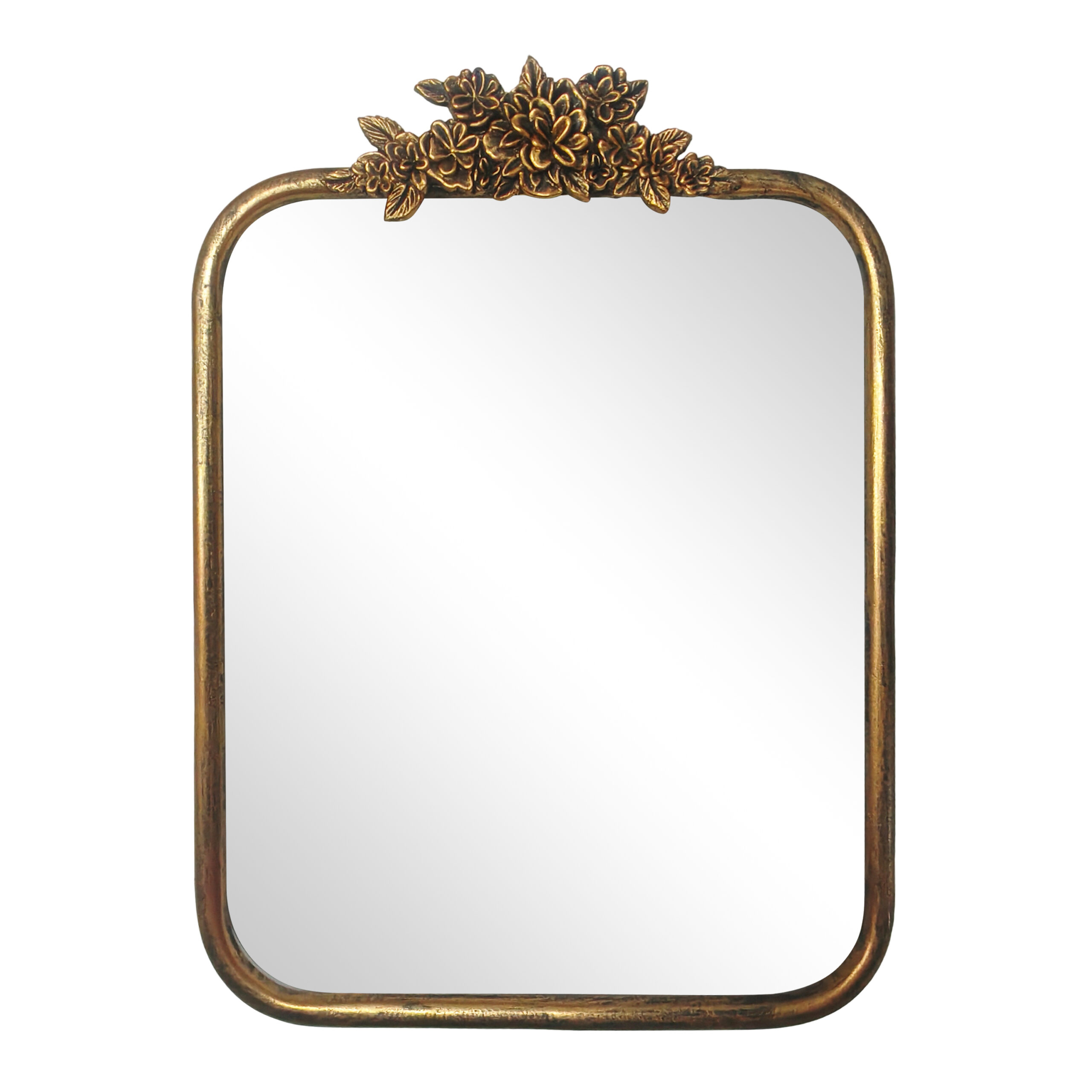
-scaled.jpg)
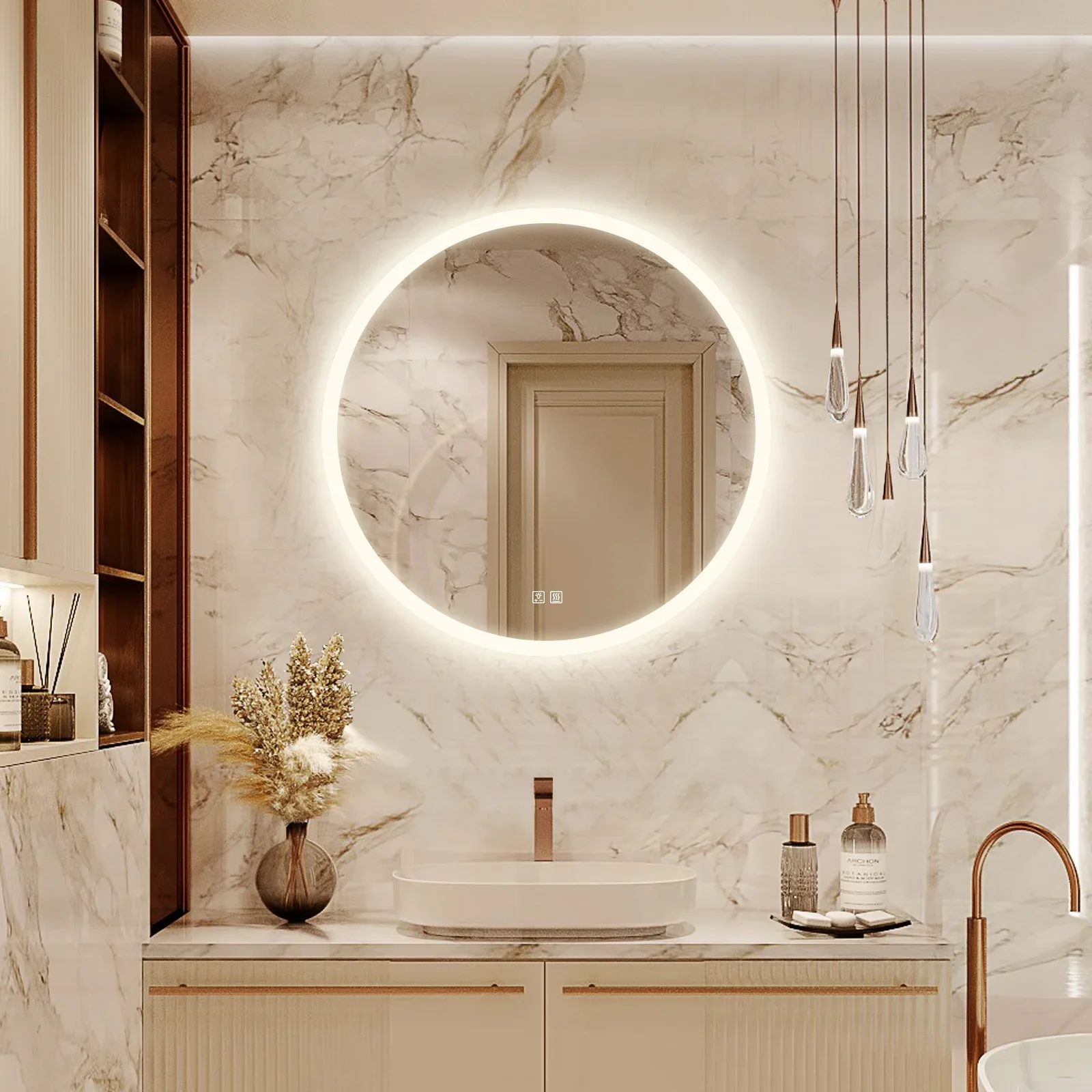
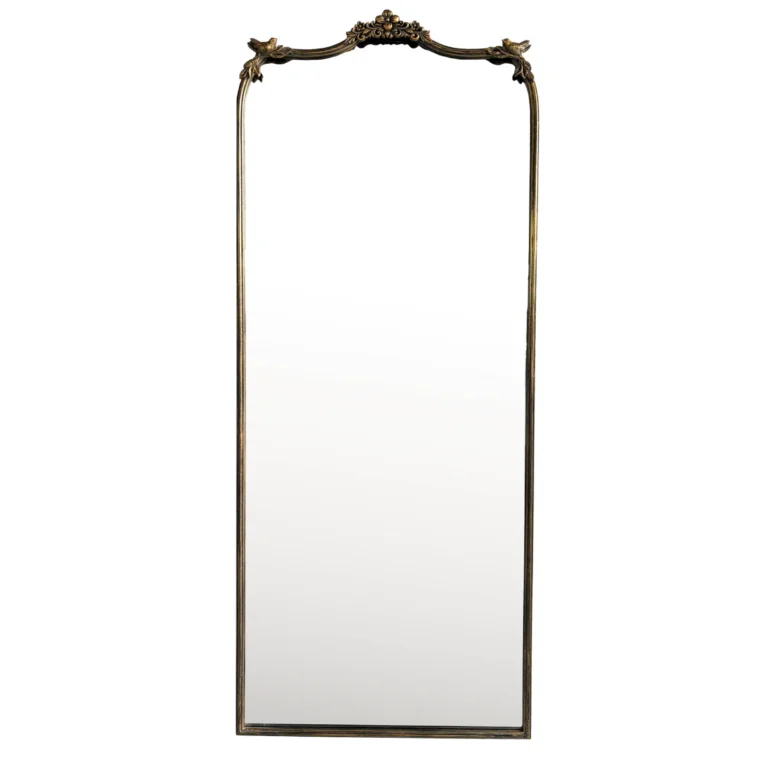
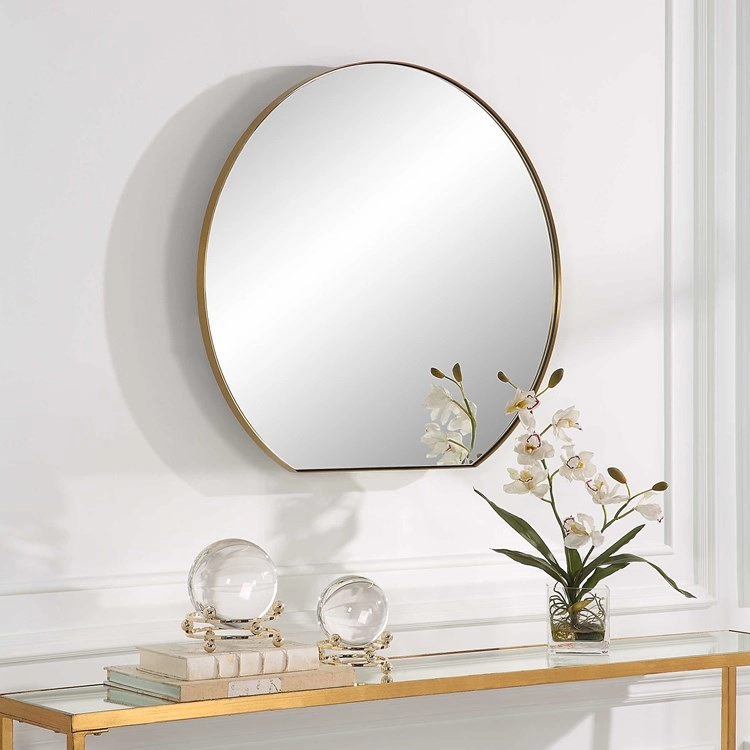
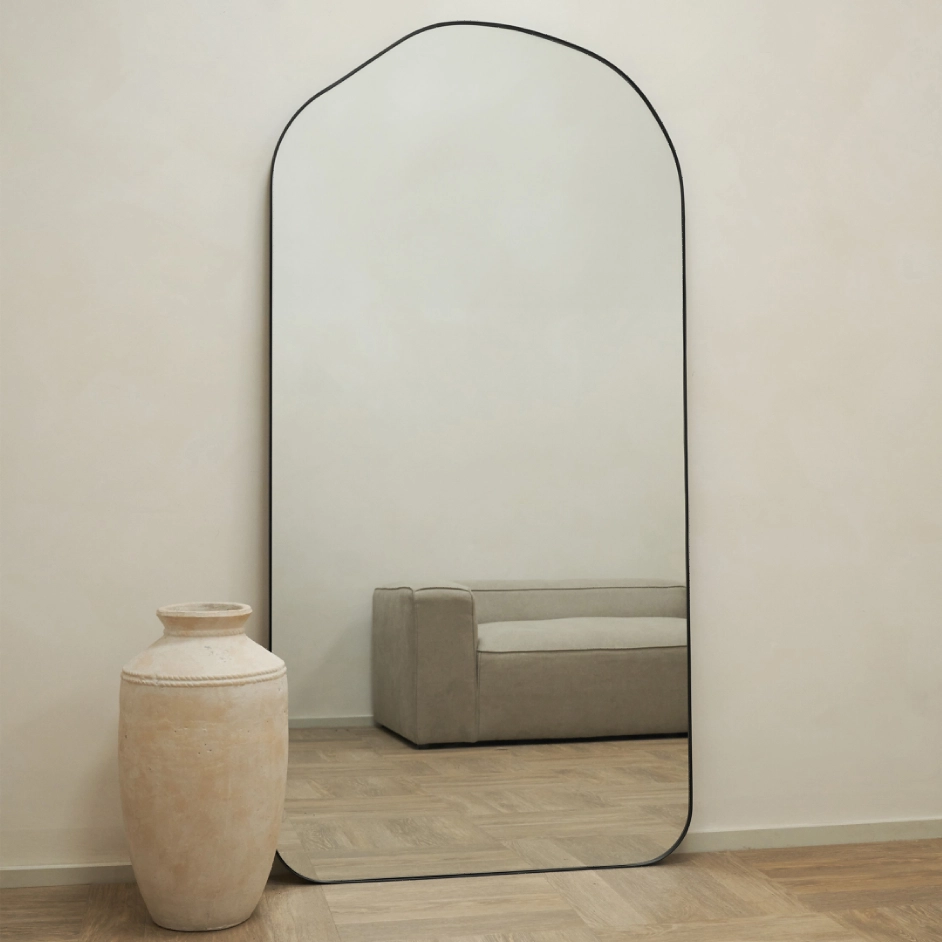
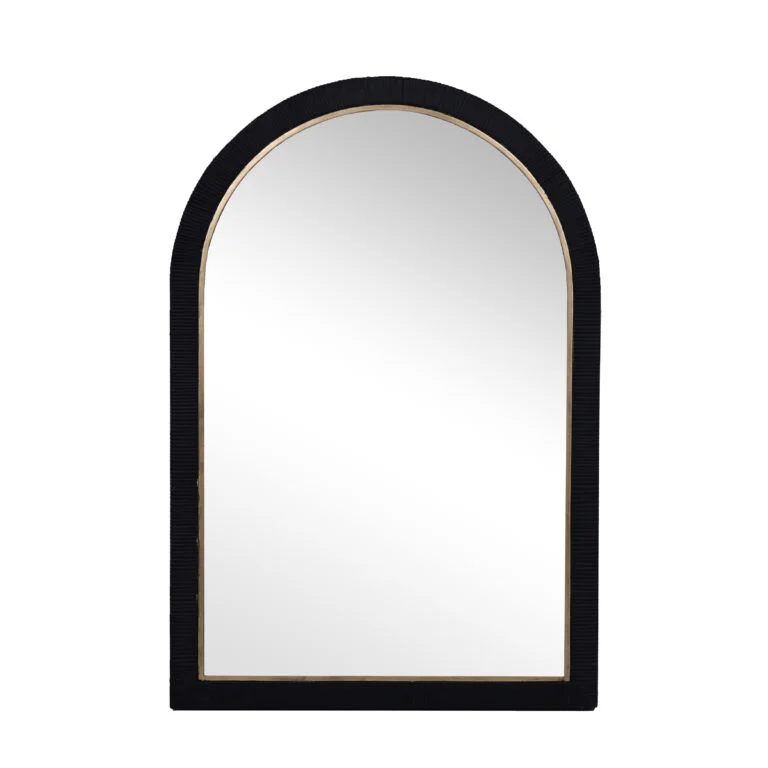
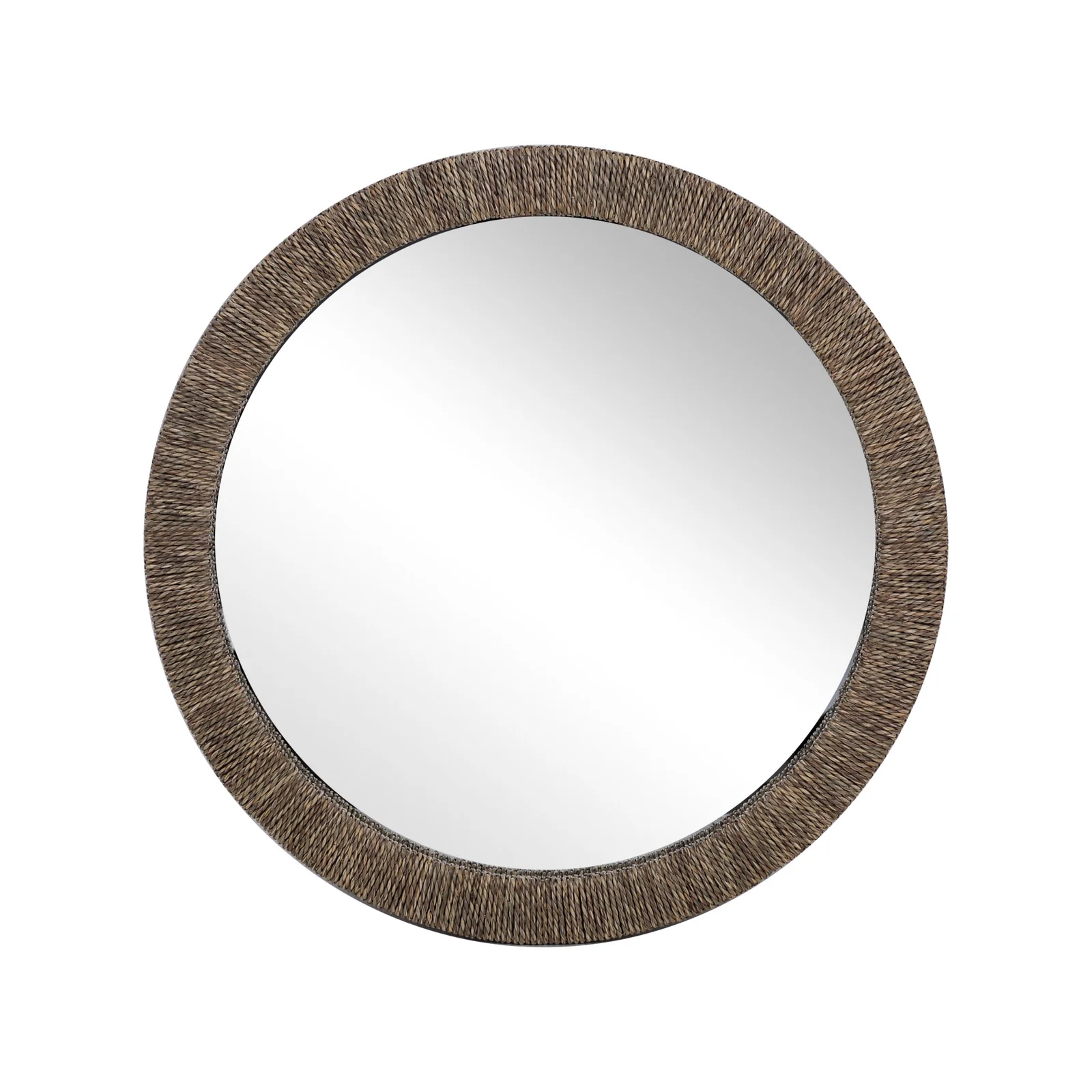
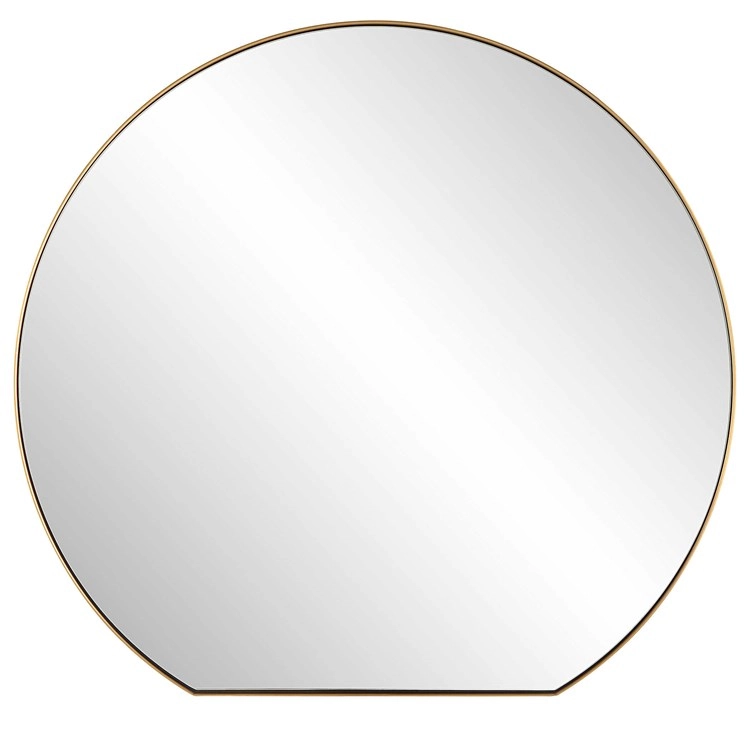
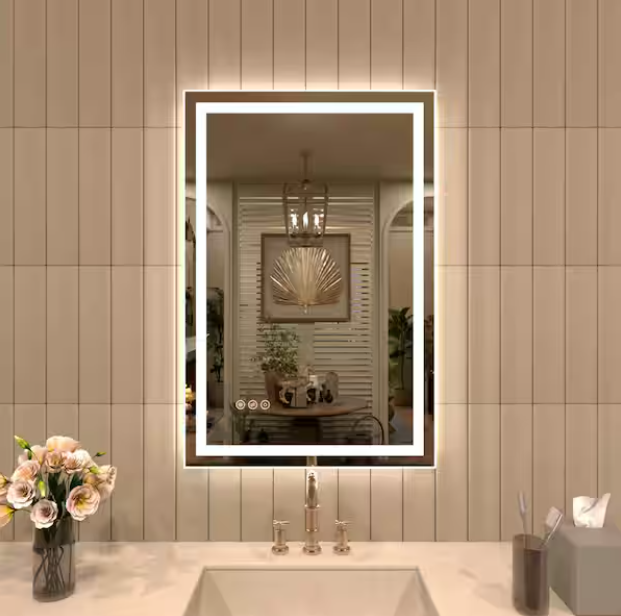
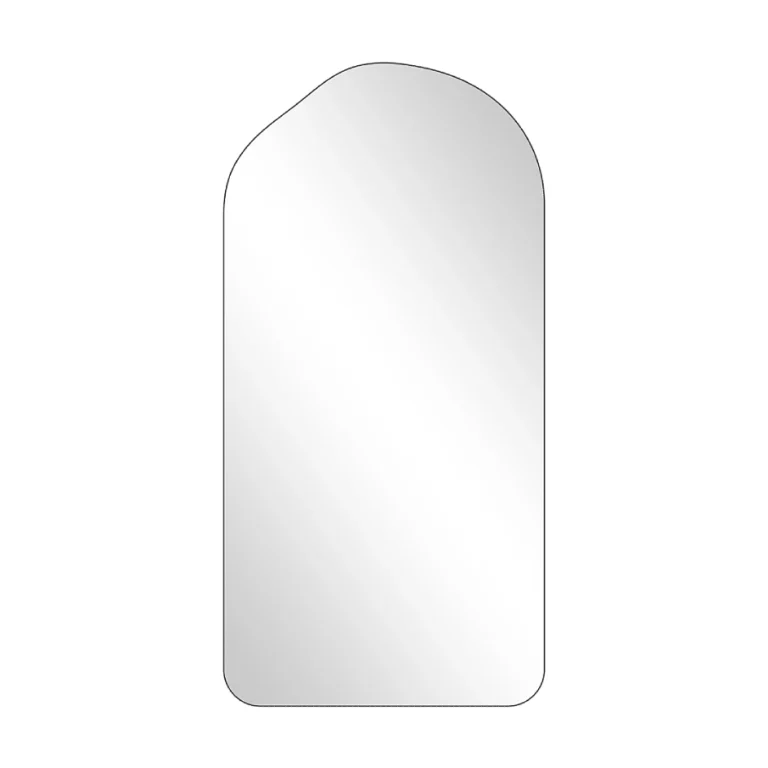
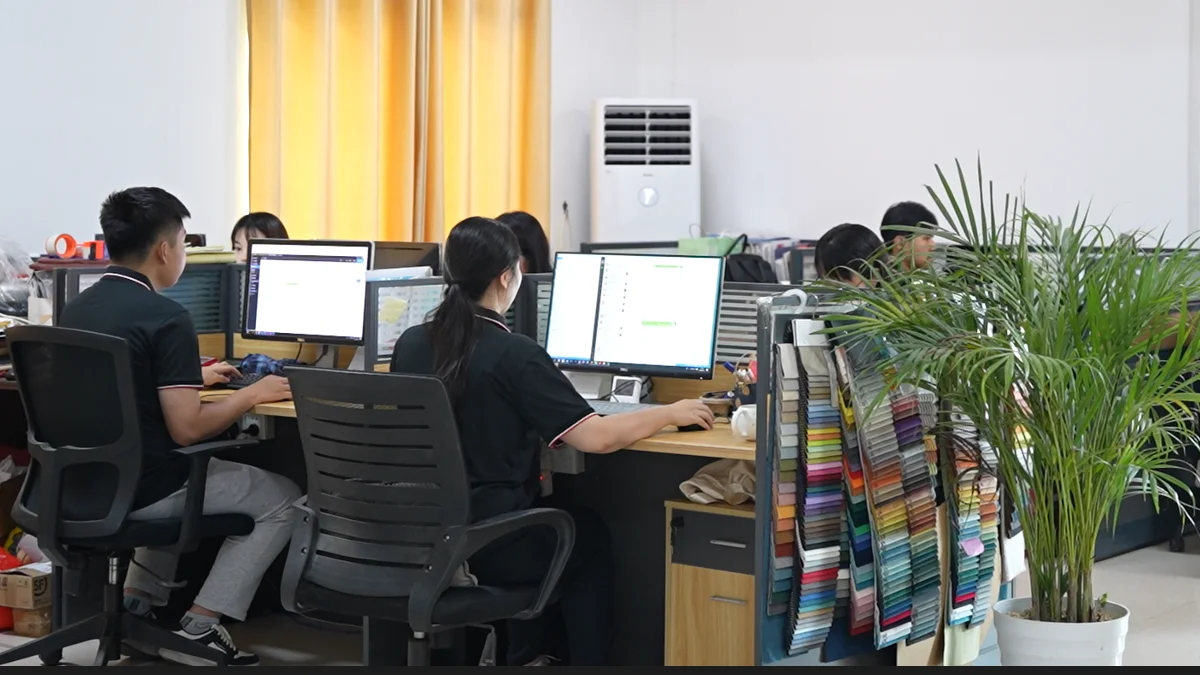
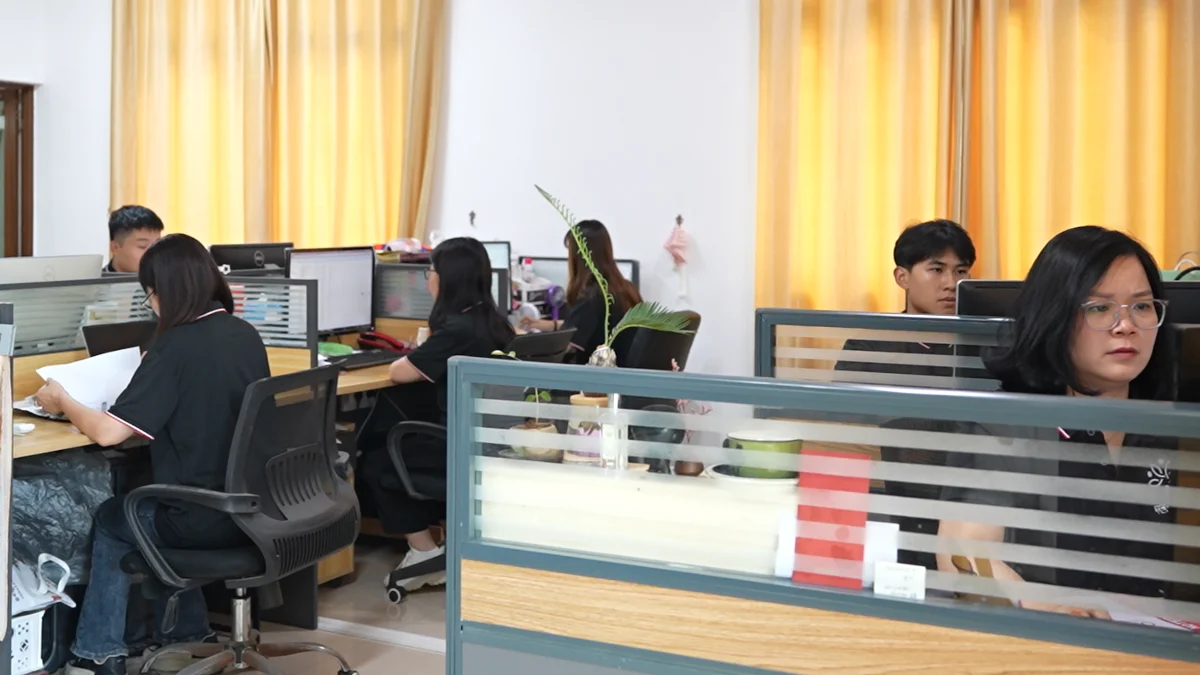
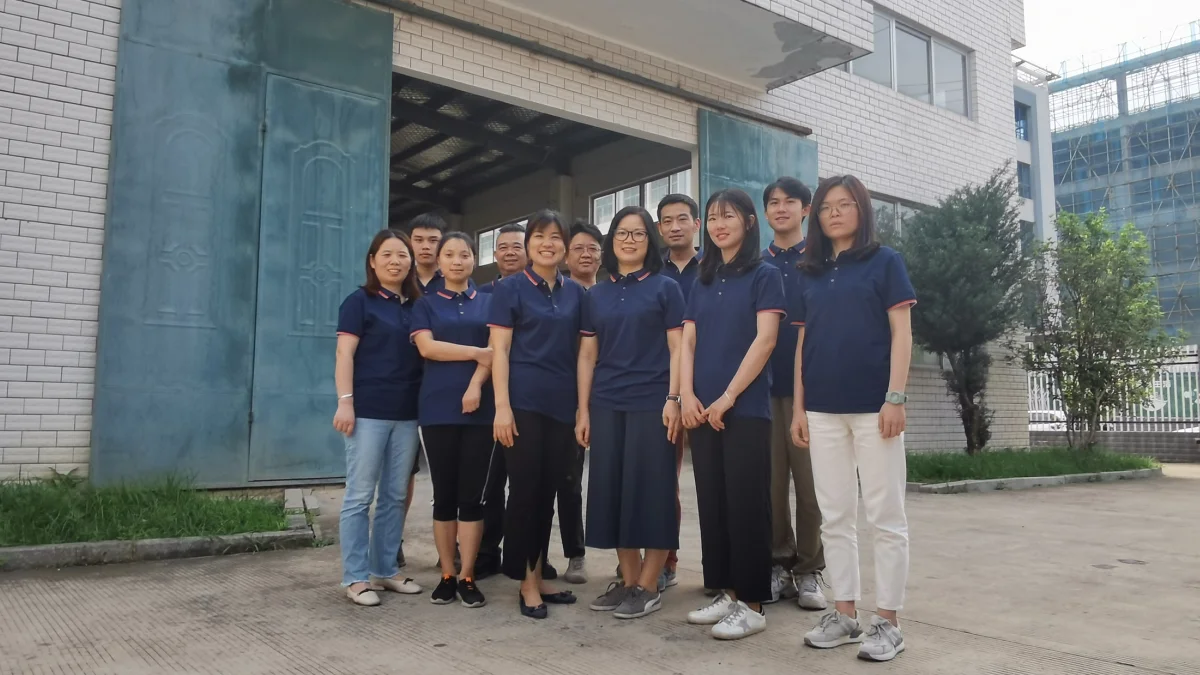
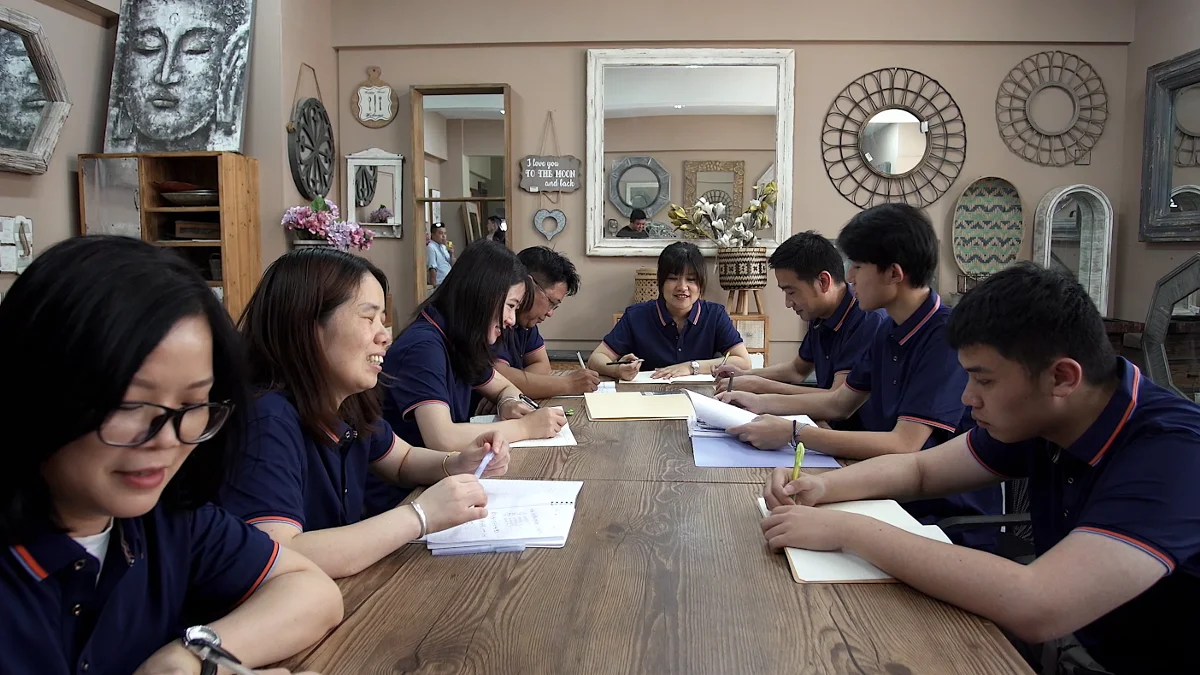
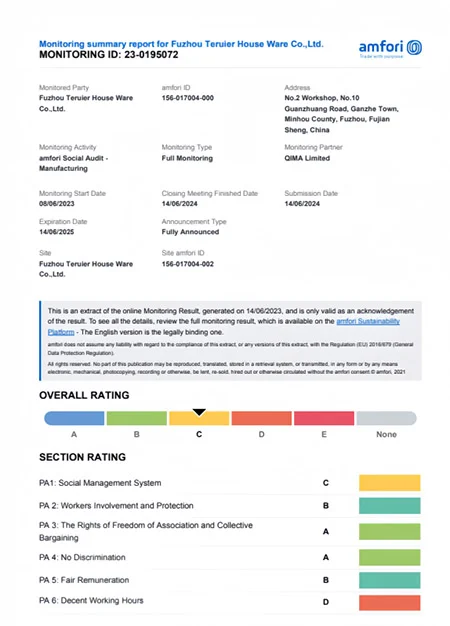
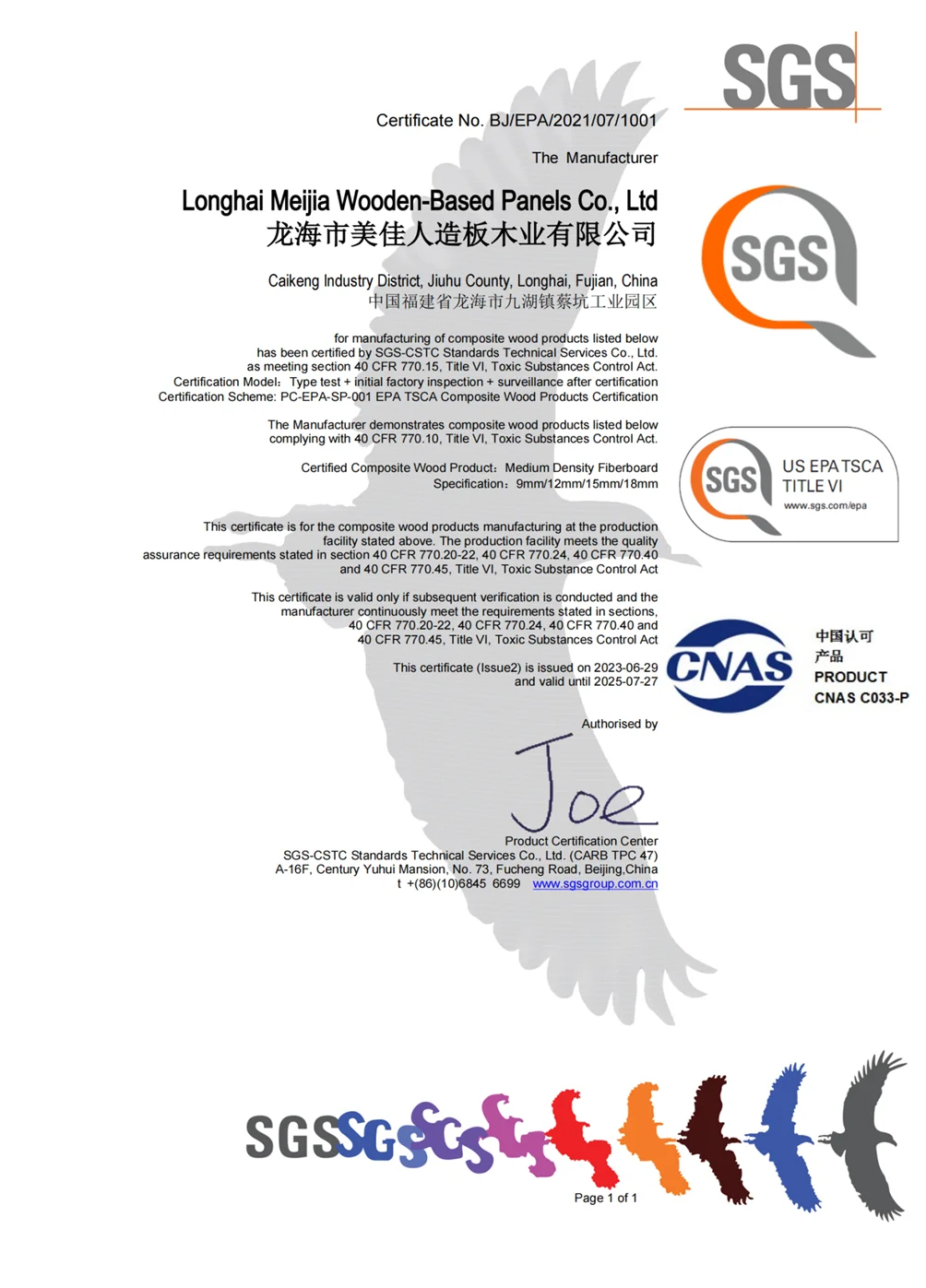

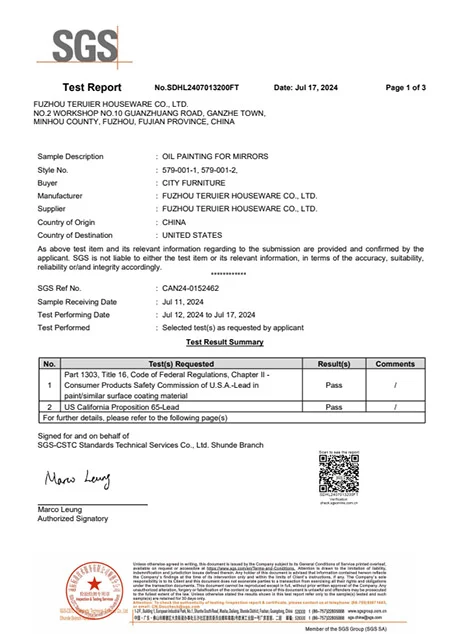
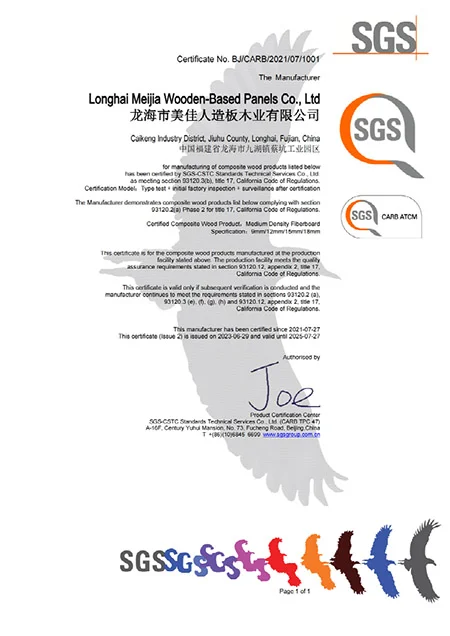
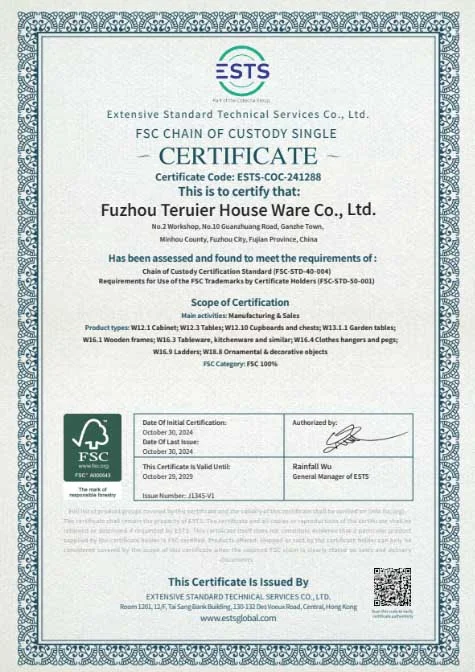
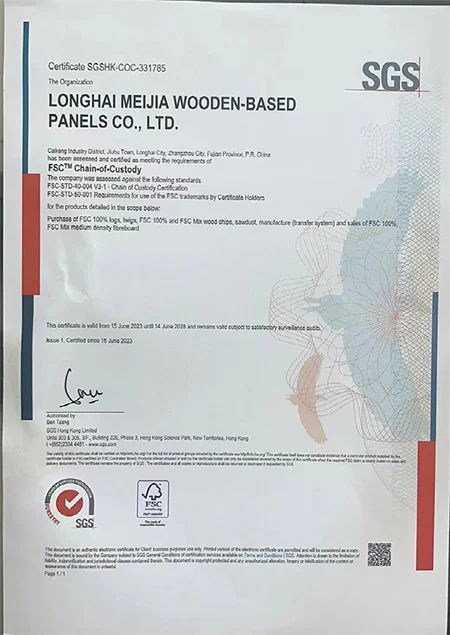
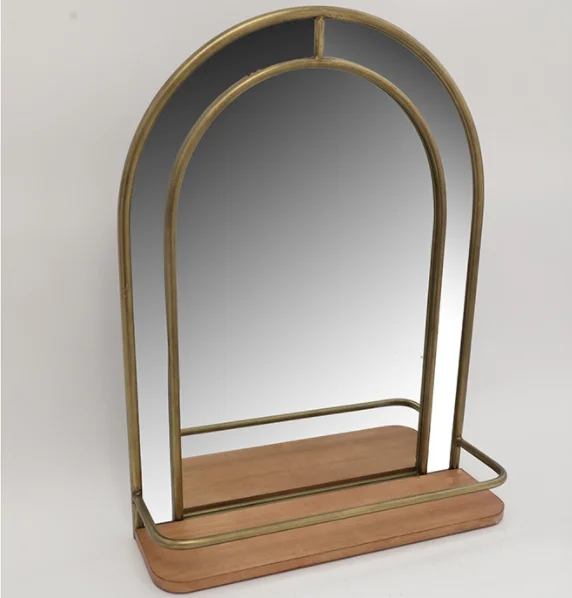
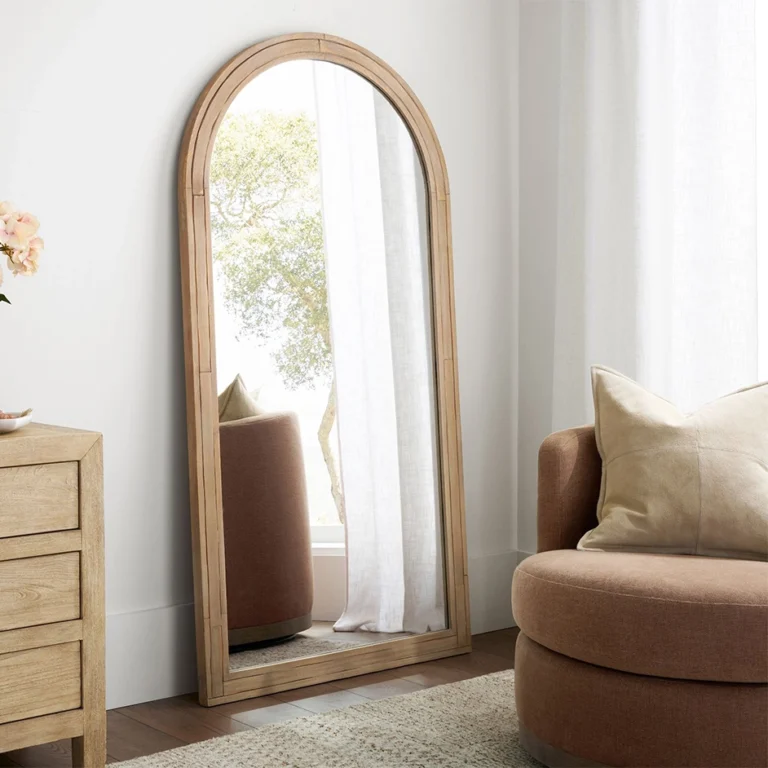
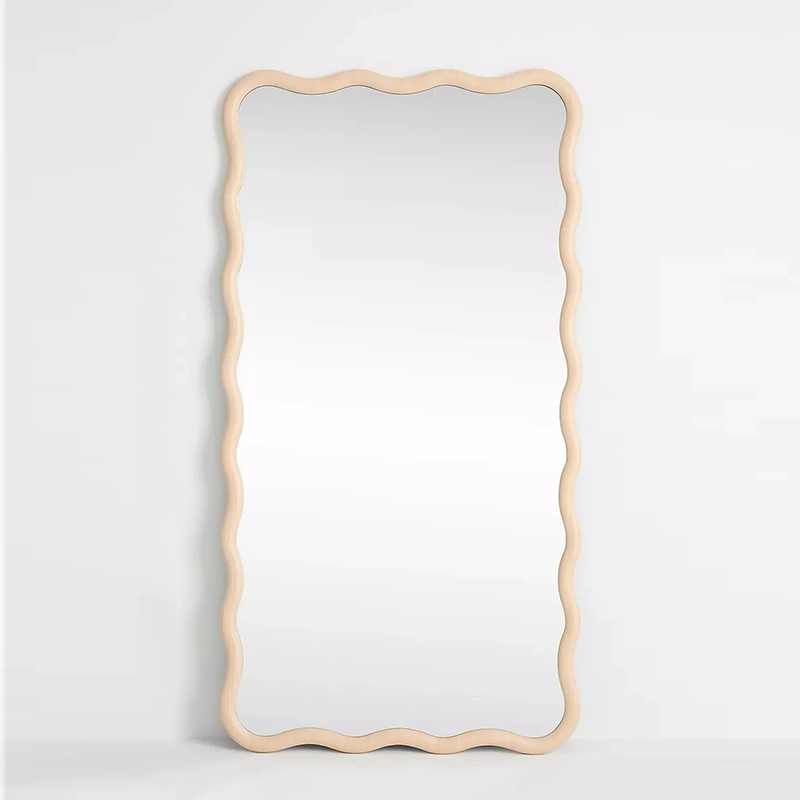
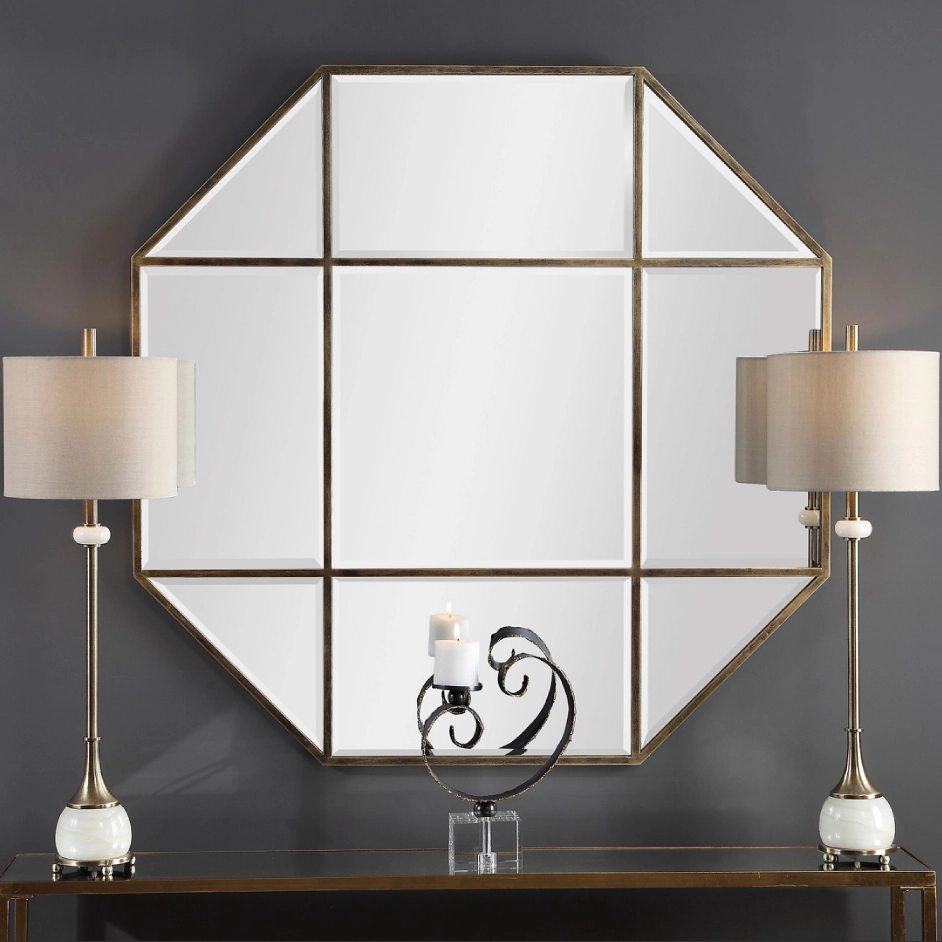
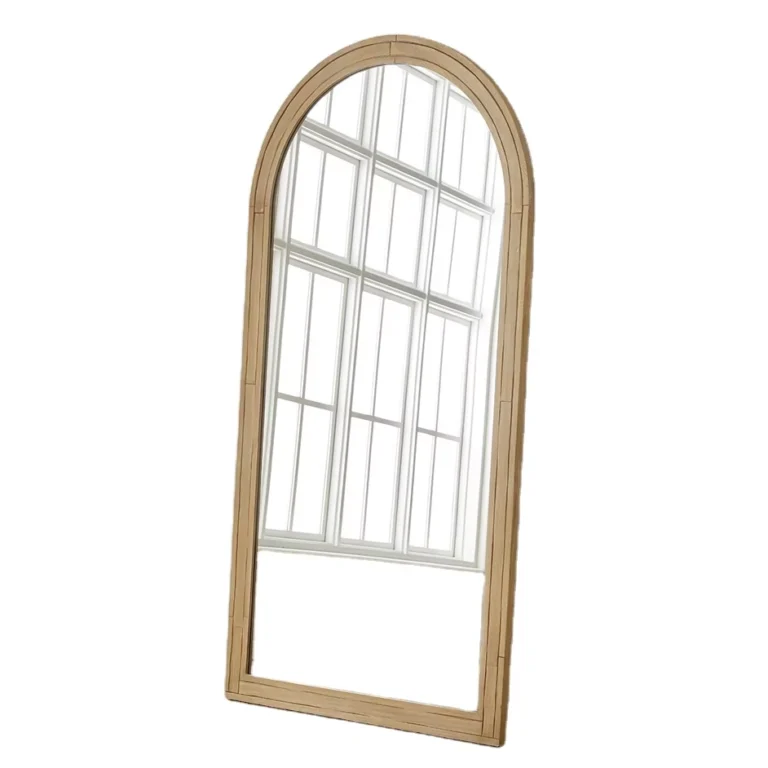
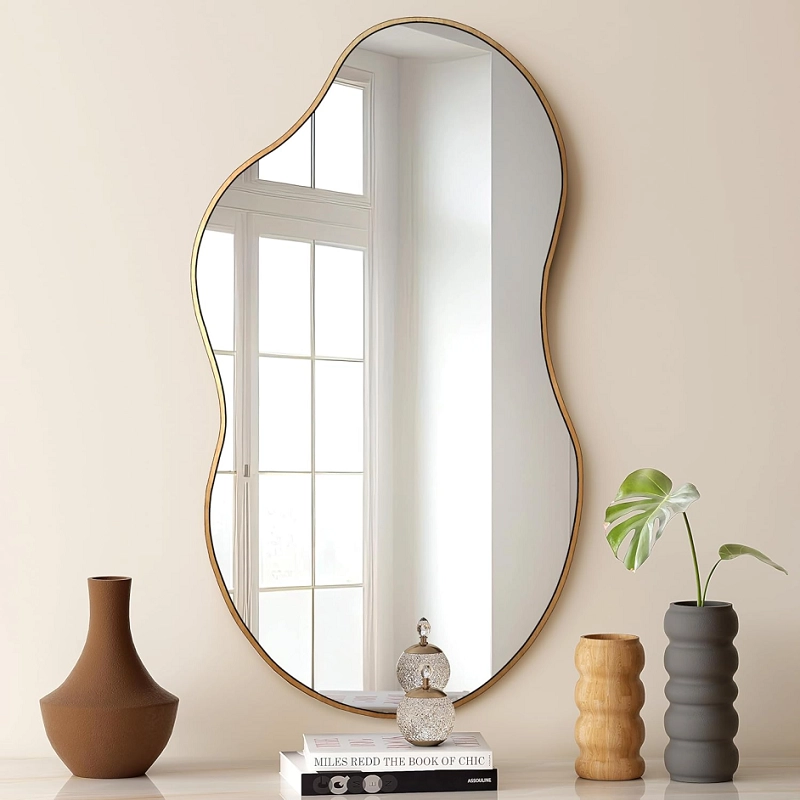
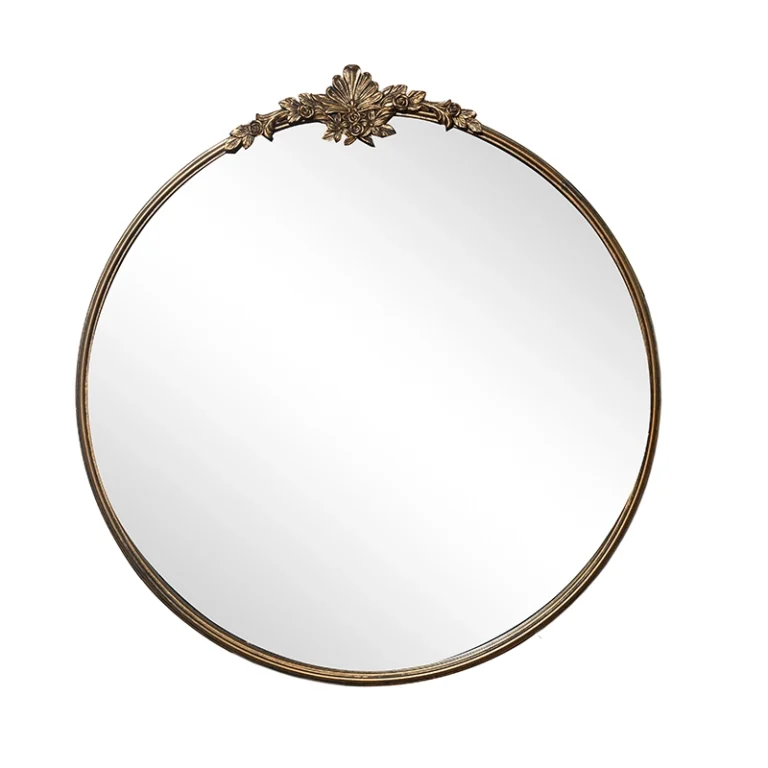
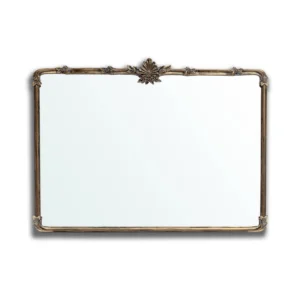

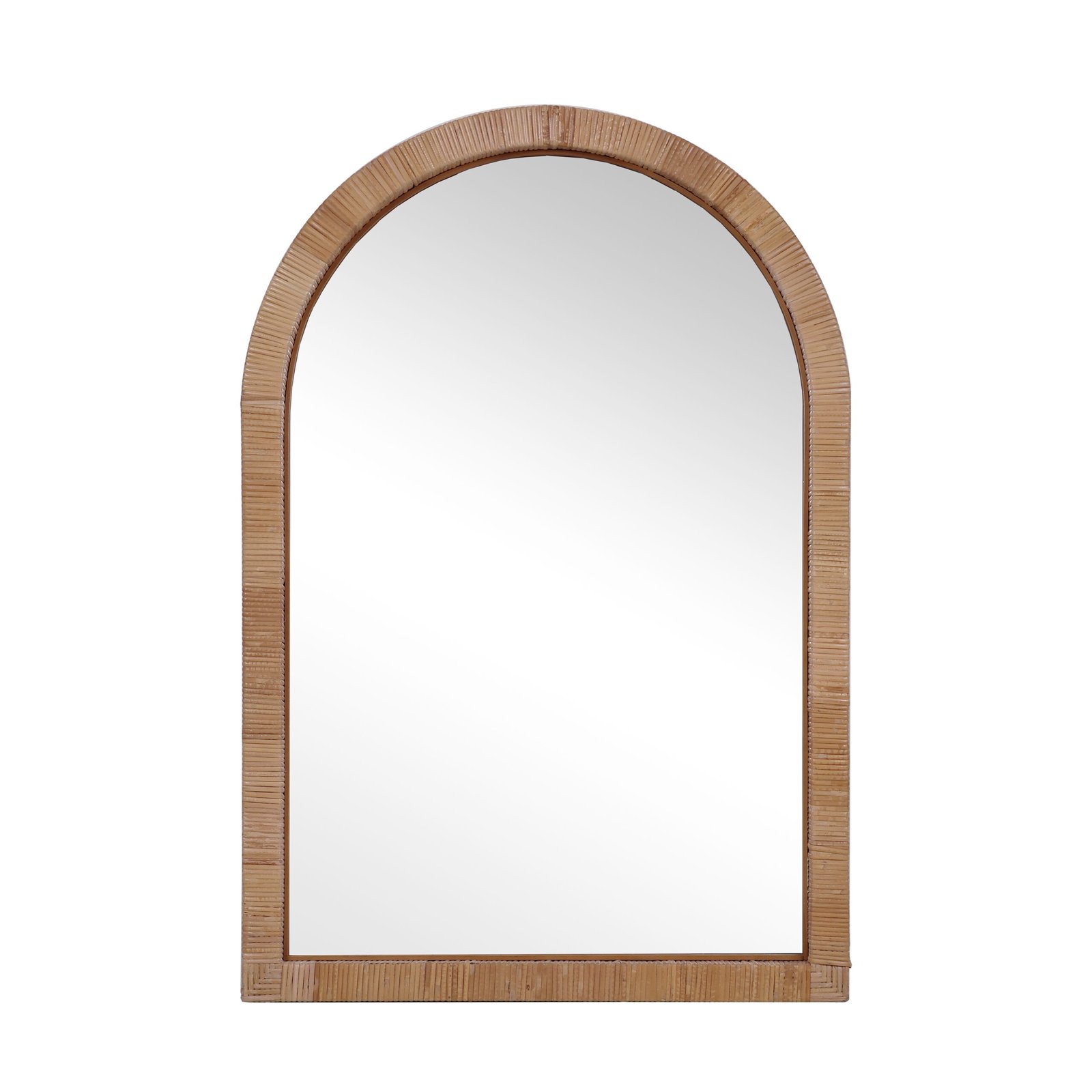
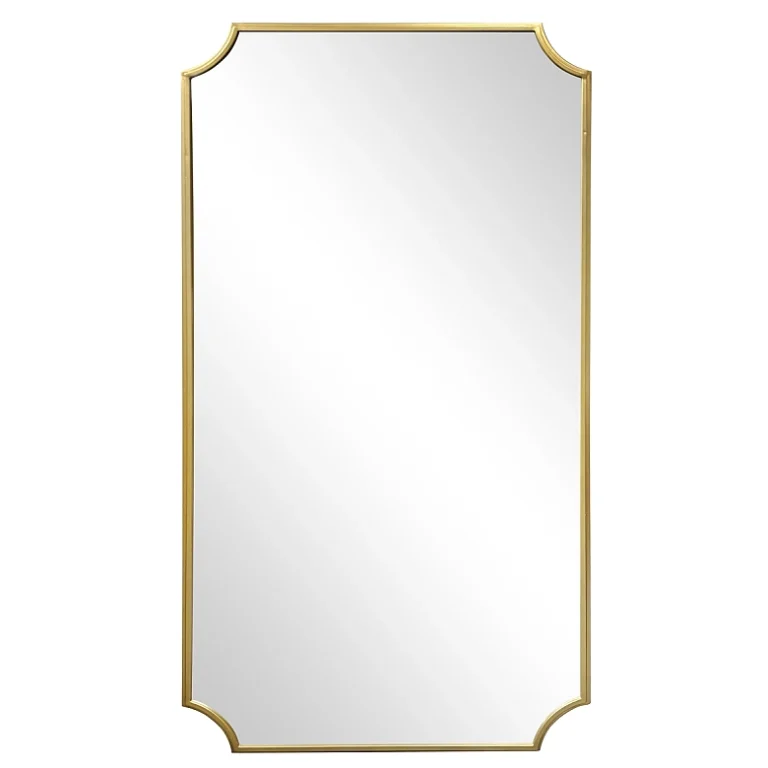
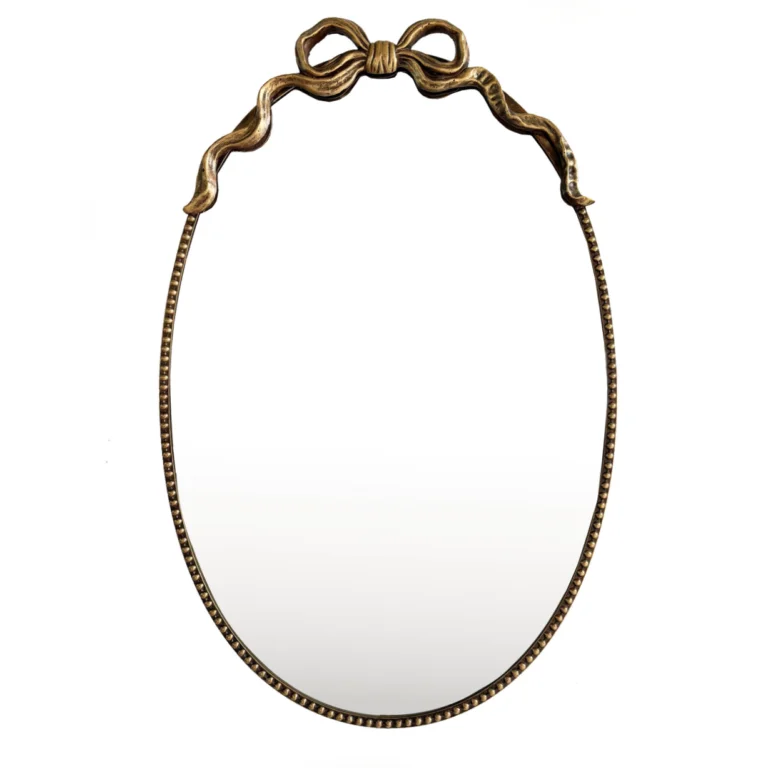
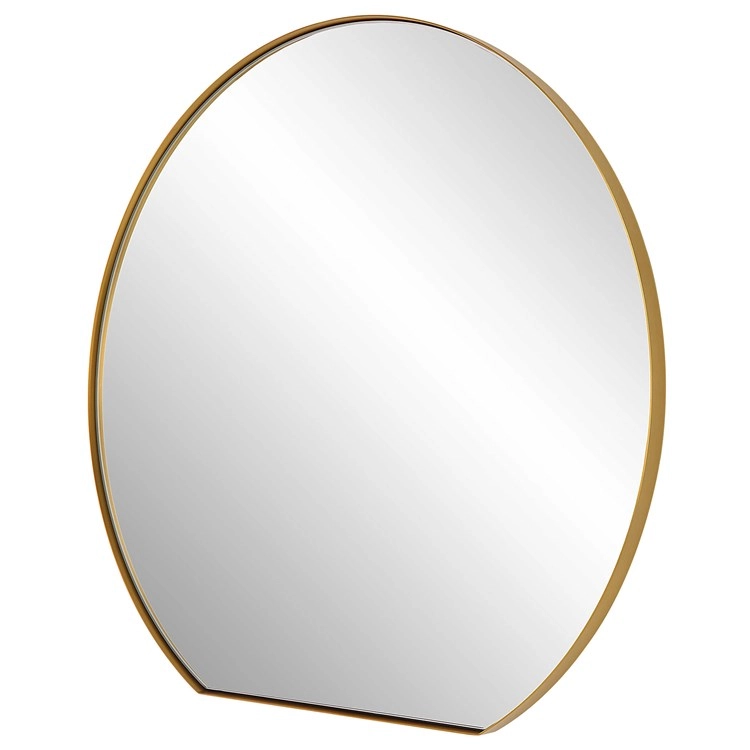

Leave a Reply